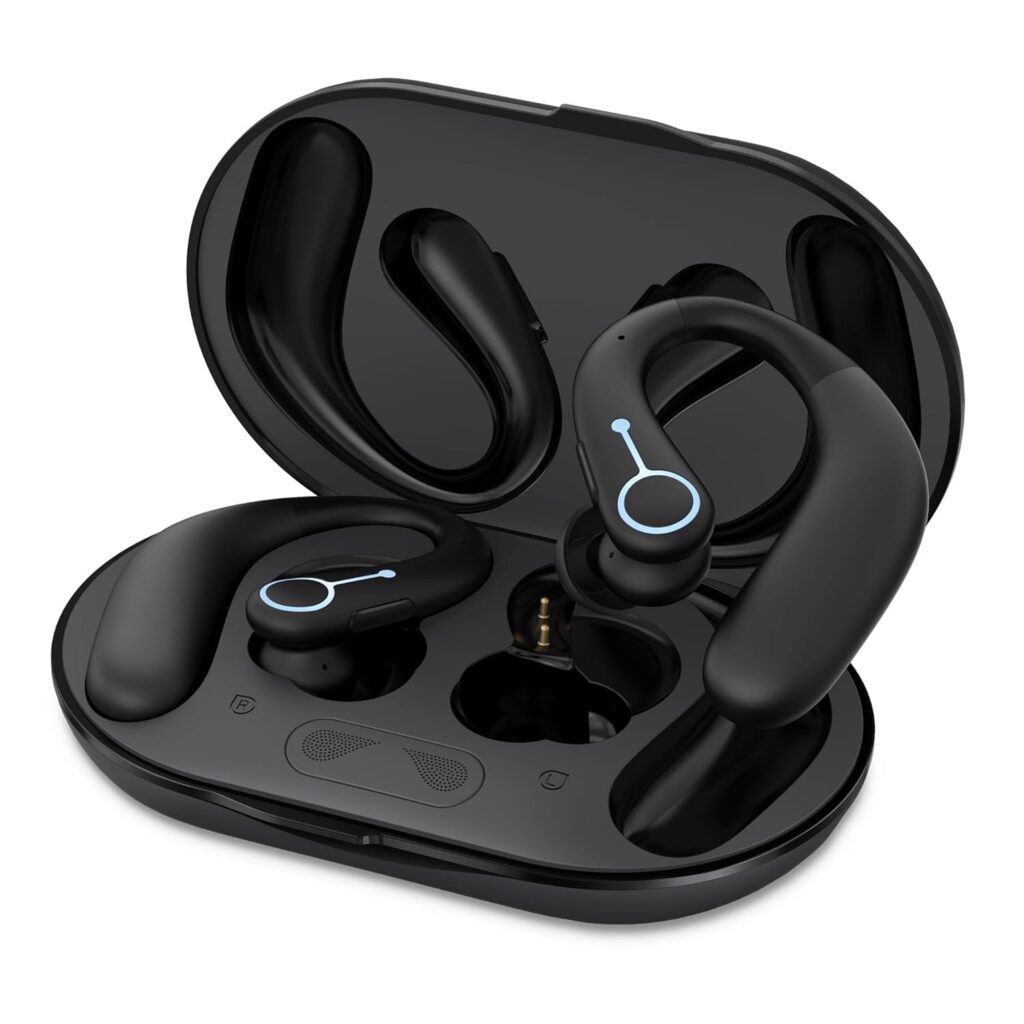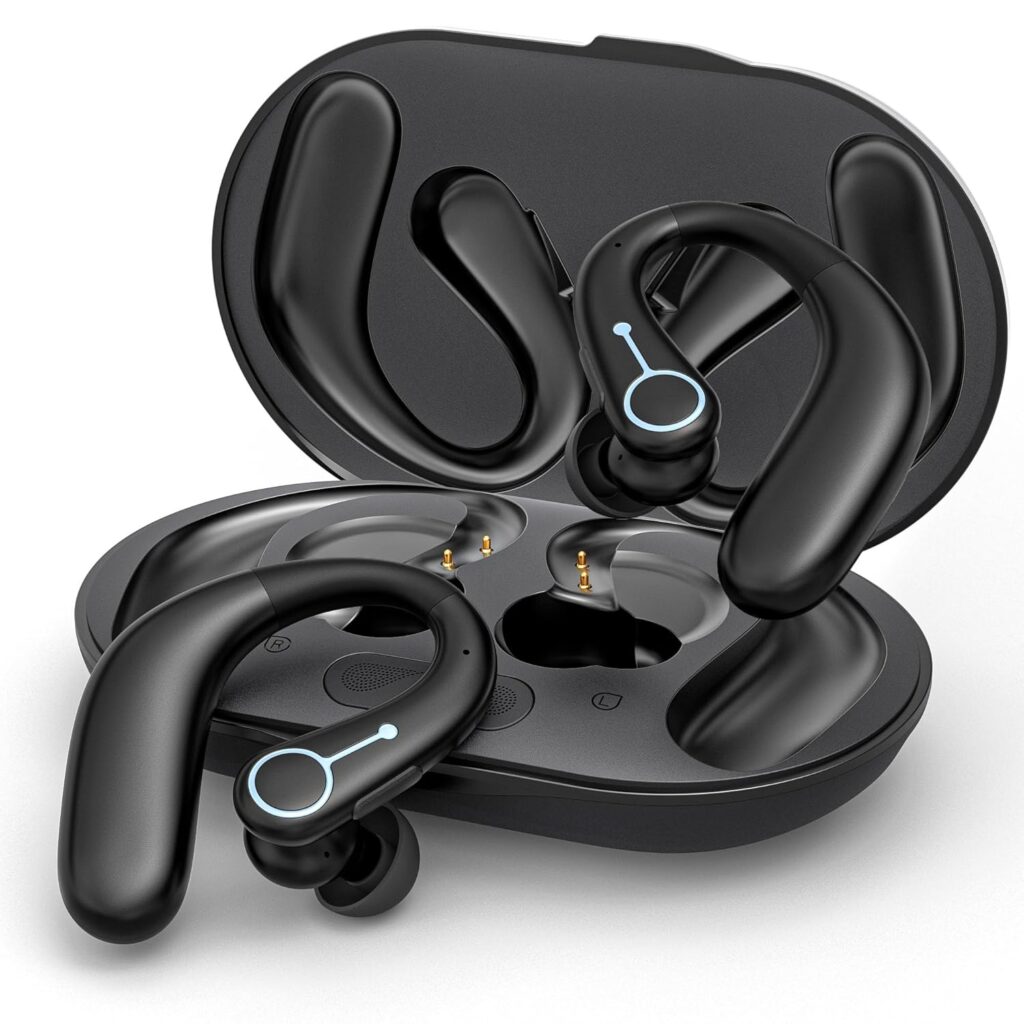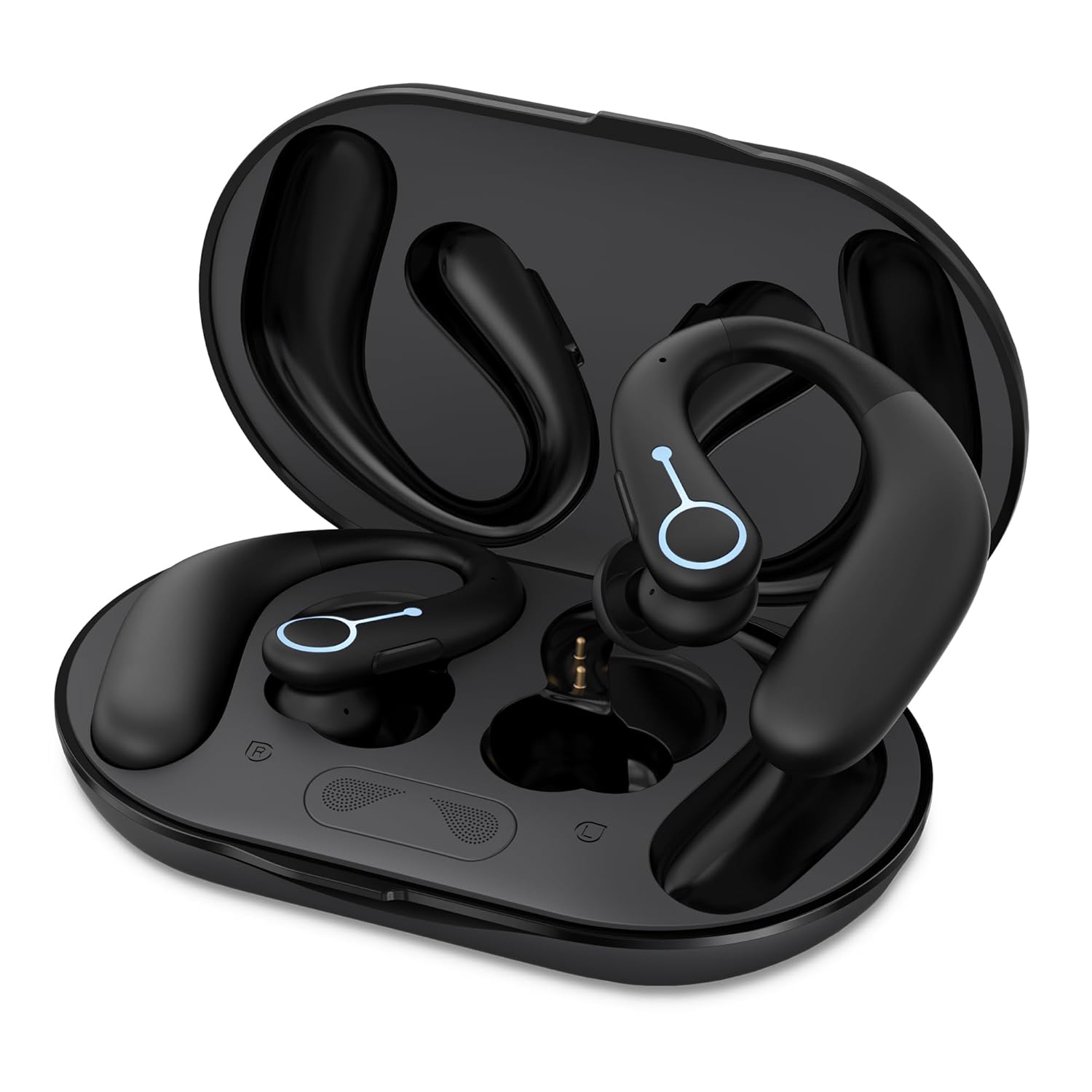Hearing Aids for Seniors

Hearing Aids for Seniors
Pros:
- Enhanced Hearing: Hearing aids for seniors significantly improve the ability to hear conversations, environmental sounds, and media, leading to better communication and quality of life.
- Comfortable and Discreet: Modern hearing aids are designed to be small, lightweight, and discreet, making them comfortable to wear for extended periods.
- Adjustable Settings: Many hearing aids offer adjustable volume and settings for various environments, ensuring optimal sound quality in different situations.
- Rechargeable Options: Many models come with rechargeable batteries, reducing the need for constant battery replacements.
- Connectivity Features: Some hearing aids offer Bluetooth or wireless connectivity, allowing seniors to stream audio directly from phones, TVs, or other devices.
Cons:
- Expensive: High-quality hearing aids can be costly, and many insurance plans don’t fully cover the cost of hearing aids.
- Adjustment Period: It may take time for seniors to adjust to the new sounds and the feeling of wearing hearing aids.
- Maintenance: Regular maintenance and cleaning are necessary to keep hearing aids functioning properly and prevent issues like wax buildup.
- Limited Lifespan: Hearing aids may need to be replaced after several years, adding additional long-term costs.
Why We Like It: We like hearing aids for seniors because they provide a simple yet highly effective solution to hearing loss. These devices help seniors regain their independence, improve their communication skills, and enjoy their favorite activities without feeling isolated. With various models offering specialized features, hearing aids cater to different levels of hearing loss and individual preferences, making them an essential tool for improving overall well-being in older adults.
Product Details:
- Type: Digital Hearing Aids
- Battery: Rechargeable or disposable options available
- Connectivity: Bluetooth or wireless connectivity in select models
- Design: In-ear, behind-the-ear, or completely-in-canal styles
- Features: Noise cancellation, adjustable volume, feedback suppression, and multiple sound modes for various environments
- Compatibility: Suitable for seniors with mild to moderate hearing loss, with some models designed specifically for more severe hearing impairments.
Hearing Aids, Hearing Aids for Seniors with Bluetooth

Hearing Aids for Seniors with Bluetooth
Pros:
- Seamless Connectivity: Bluetooth-enabled hearing aids allow seniors to connect directly to their smartphones, televisions, and other Bluetooth devices, making it easier to stream calls, music, or audio without needing extra accessories.
- Enhanced Sound Quality: With Bluetooth functionality, seniors can enjoy better sound quality and clarity when listening to media or speaking on the phone.
- Convenience: Seniors can control settings, adjust volume, or switch between different audio sources directly from their smartphones or devices, making them more user-friendly.
- Discreet Communication: Using Bluetooth, seniors can answer phone calls hands-free and without needing to hold a phone to their ear, providing a more discreet and convenient way to stay connected.
- Customizable Settings: Many Bluetooth hearing aids come with apps that allow for personal customization, enabling users to adjust their hearing preferences according to different environments.
Cons:
- Higher Cost: Bluetooth hearing aids can be more expensive than traditional models due to the added technology and features.
- Battery Life: Bluetooth functionality can drain the battery faster, requiring more frequent recharging compared to traditional hearing aids.
- Compatibility Issues: While many smartphones support Bluetooth hearing aids, there may still be compatibility issues with certain devices or operating systems.
- Learning Curve: Some seniors may find the use of Bluetooth technology complicated, requiring additional time for setup and troubleshooting.
Why We Like It: We like Bluetooth-enabled hearing aids for seniors because they combine the benefits of enhanced hearing with modern technology. These devices not only improve hearing but also provide seniors with the convenience of wireless communication, reducing the reliance on additional devices or accessories. Bluetooth connectivity makes it easier to interact with family, enjoy music, and participate in phone calls, significantly improving the quality of life for seniors.
Product Details:
- Type: Digital Bluetooth Hearing Aids
- Battery: Rechargeable with a longer battery life in comparison to traditional models
- Connectivity: Bluetooth for wireless communication with smartphones, TVs, and other devices
- Design: In-ear, behind-the-ear, or in-the-canal styles
- Features: Adjustable volume, multiple sound profiles, noise reduction, feedback cancellation, and remote control via smartphone apps
- Compatibility: Compatible with most Bluetooth-enabled devices such as smartphones, tablets, and smart TVs
- Target Audience: Seniors with mild to moderate hearing loss, looking for advanced features like wireless streaming and hands-free calls.
Hearing Aids, Hearing Aids for Seniors with Bluetooth

Hearing Aids for Seniors with Bluetooth
Pros:
- Seamless Connectivity: Bluetooth-enabled hearing aids allow seniors to connect directly to their smartphones, televisions, and other Bluetooth devices, making it easier to stream calls, music, or audio without needing extra accessories.
- Enhanced Sound Quality: With Bluetooth functionality, seniors can enjoy better sound quality and clarity when listening to media or speaking on the phone.
- Convenience: Seniors can control settings, adjust volume, or switch between different audio sources directly from their smartphones or devices, making them more user-friendly.
- Discreet Communication: Using Bluetooth, seniors can answer phone calls hands-free and without needing to hold a phone to their ear, providing a more discreet and convenient way to stay connected.
- Customizable Settings: Many Bluetooth hearing aids come with apps that allow for personal customization, enabling users to adjust their hearing preferences according to different environments.
Cons:
- Higher Cost: Bluetooth hearing aids can be more expensive than traditional models due to the added technology and features.
- Battery Life: Bluetooth functionality can drain the battery faster, requiring more frequent recharging compared to traditional hearing aids.
- Compatibility Issues: While many smartphones support Bluetooth hearing aids, there may still be compatibility issues with certain devices or operating systems.
- Learning Curve: Some seniors may find the use of Bluetooth technology complicated, requiring additional time for setup and troubleshooting.
Why We Like It: We like Bluetooth-enabled hearing aids for seniors because they combine the benefits of enhanced hearing with modern technology. These devices not only improve hearing but also provide seniors with the convenience of wireless communication, reducing the reliance on additional devices or accessories. Bluetooth connectivity makes it easier to interact with family, enjoy music, and participate in phone calls, significantly improving the quality of life for seniors.
Product Details:
- Type: Digital Bluetooth Hearing Aids
- Battery: Rechargeable with a longer battery life in comparison to traditional models
- Connectivity: Bluetooth for wireless communication with smartphones, TVs, and other devices
- Design: In-ear, behind-the-ear, or in-the-canal styles
- Features: Adjustable volume, multiple sound profiles, noise reduction, feedback cancellation, and remote control via smartphone apps
- Compatibility: Compatible with most Bluetooth-enabled devices such as smartphones, tablets, and smart TVs
- Target Audience: Seniors with mild to moderate hearing loss, looking for advanced features like wireless streaming and hands-free calls.
| Product Name | Pros | Cons | Why We Like It | Product Details |
|---|---|---|---|---|
| Hearing Aids for Seniors with Bluetooth |
|
|
We like Bluetooth-enabled hearing aids because they offer enhanced hearing while making it easier for seniors to stay connected with the world around them through wireless communication. |
|
Why Choose It:
-
Improved Communication: Bluetooth-enabled hearing aids allow seniors to connect to smartphones, tablets, and other Bluetooth devices. This enables clear, hands-free calls and easy audio streaming, making it simpler to stay in touch with family and friends.
-
Enhanced Sound Quality: Bluetooth hearing aids provide high-quality sound, often featuring noise reduction and clarity enhancements, so seniors can hear better in various environments, from quiet rooms to noisy public spaces.
-
Convenience & Control: The ability to control settings through smartphone apps makes it easier for seniors to adjust volume, program preferences, and customize their hearing experience based on their needs.
-
Seamless Integration: Bluetooth hearing aids integrate well with other smart devices, allowing users to stream music, take calls, and listen to podcasts or audiobooks, all through their hearing aids, without needing extra accessories.
-
Discreet & Modern: Modern Bluetooth hearing aids are often smaller, discreet, and designed with comfort in mind, helping seniors feel confident while using the device without feeling self-conscious.
-
Long-Term Savings: Although the initial investment may be higher, Bluetooth hearing aids can reduce the need for other assistive devices or frequent maintenance, potentially saving money over time.
Consider
When considering Hearing Aids for Seniors with Bluetooth, here are a few key points to take into account before making a decision:
-
Lifestyle Needs: Consider whether the senior user is comfortable with technology. Bluetooth hearing aids offer many advanced features, but they may require some technical understanding for setup and adjustment.
-
Hearing Needs: Bluetooth hearing aids come with features like noise reduction and speech enhancement. If the person has specific hearing challenges, choosing a model with these advanced features can make a significant difference.
-
Comfort & Fit: Ensure the hearing aids fit well, as comfort is essential for long-term use. Seniors who are not used to wearing hearing aids might find some styles more comfortable than others, such as behind-the-ear or in-the-ear models.
-
Budget Considerations: Bluetooth hearing aids tend to be more expensive than traditional models, so it’s important to assess whether the added functionality aligns with the senior’s needs and budget.
-
Battery Life: Bluetooth functionality can affect battery life, so it’s essential to check how long the hearing aids will last on a single charge or battery replacement, especially if the user relies heavily on Bluetooth features.
-
Compatibility with Devices: Make sure that the Bluetooth hearing aids are compatible with the senior’s devices, such as smartphones, televisions, or other personal audio equipment. Some hearing aids are specifically designed for certain operating systems, so it’s important to verify compatibility.









